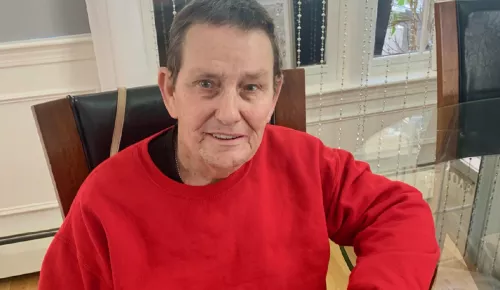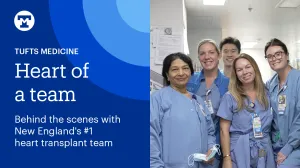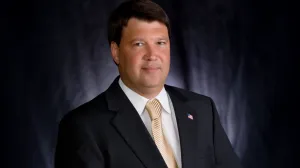
In the early 1980’s, Michael McNealy was driving to work when he saw a billboard asking for bone marrow donations for a young child. An active, 27-year old army veteran, Michael gave a blood sample to see if he could be a match. Instead, he was told that he’d tested positive for Hepatitis C—contracted during knee surgery in a Frankfurt Army hospital during his service. Seeking treatment at the V.A., his doctor advised him that he was healthy and there was no need for concern—a common misconception at the time.
It wouldn’t be until 10 years later that he learned he needed to pursue aggressive treatment for the disease, which can cause cirrhosis and liver cancer. Over the next decade, Michael tried multiple trials and treatments. Despite these efforts, his condition continued to deteriorate and by 2012, he was told there wasn’t much more that could be done for him. Never one to give up hope Michael continued to seek treatment and responded well to a combination of peginterferon, ribavirin and Telaprevir. Just months later he was told he was free from the Hepatitis C infection.
Unfortunately, years of infection had severely damaged Michael’s liver, and in 2023 he was diagnosed with liver cancer. Many liver cancers can be best treated by transplantation, and this new diagnosis made him eligible for this life-saving surgery. Michael sought out Tufts Medical Center’s Liver Transplantation Program, led by transplant hepatologist Fredric D. Gordon, MD and transplant surgeon Martin Hertl, MD.
Traveling from his home in New Hampshire to the Medical Center, Michael and his family participated in an intensive 2-day evaluation and education program. Dr. Gordon calls this evaluation program a critical step in the liver transplantation process: “The evaluation is an educational 2-way street—giving our team essential information about the patient and their family and giving the patient the education they need to be active participants in their successful liver transplantation."
Michael agrees: “The whole process is incredibly thorough,” he says. “They answer every question you could have and they make it so smooth and efficient. They made me feel like a king.”
Making liver transplants more accessible and ensuring the best possible outcomes for every patient are key to the program’s mission, explains Sharon Klarman, Executive Director of Transplant. "Our aim is to ensure that patients get the best chance at a transplant by engaging early with our advanced liver disease management and transplant teams. This means finding the right organ, for right patient, at the right time. We recognize the importance of broadening access to a diverse pool of donors to improve transplant opportunities. By expanding the range of available donors, we can increase the likelihood of finding compatible matches and ultimately provide more patients with the life-saving transplants they need.”
In February 2024, just one year after his liver cancer diagnosis, Michael received his new liver. He was out of the hospital in 6 days. Now less than 3 months out of surgery, he is making up for lost time, driving, 4-wheeling and enjoying time with his friends and family. Michael’s wife, Diane, calls him “a walking miracle.”
Asked what he would share with others facing serious liver disease, Michael says: “I have been to so many hospitals and seen so many doctors over the years. Dr. Gordon and the Tufts Medical Center team is the best there is.”

